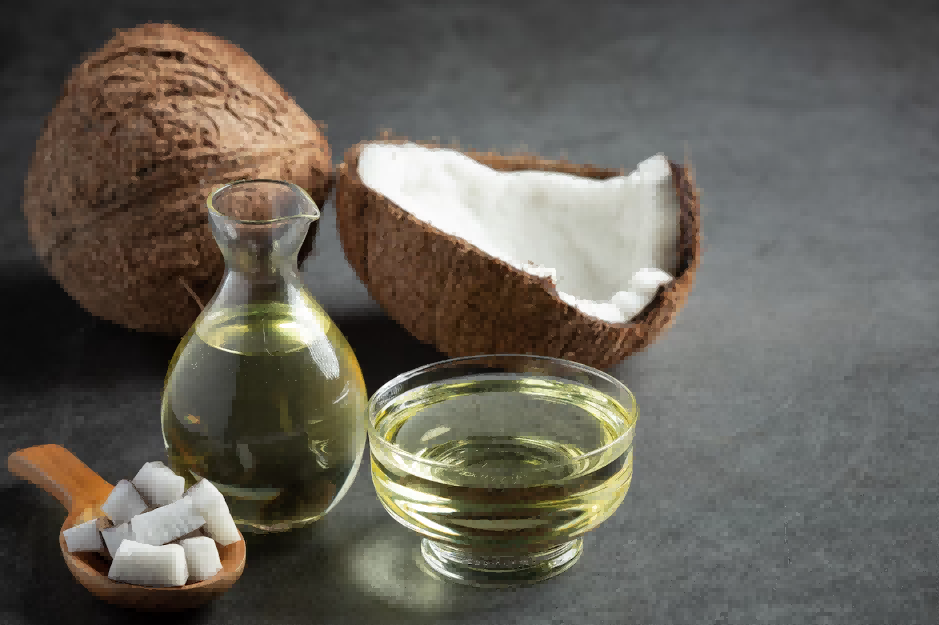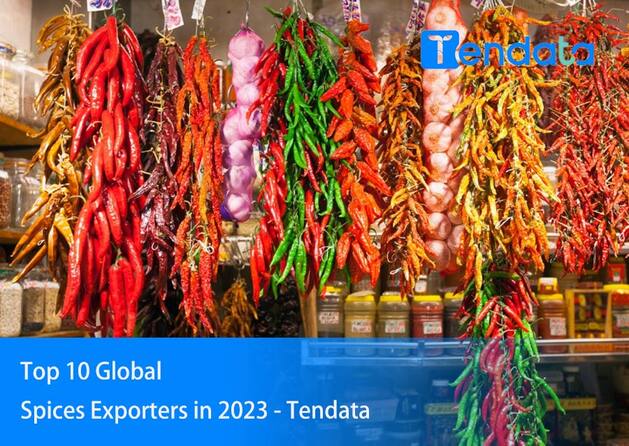 Export News
Export News
 16-08-2023
16-08-2023
Malaysia's palm oil exports play a significant role in the country's economy, contributing to its international trade and revenue generation. In this article, Tendata will explore the trade agreements that benefit exporters in Malaysia and their palm oil exports. Trade agreements can create favorable conditions for exporters in Malaysia and enhance market access for Malaysian palm oil in various countries.

Overview of Malaysia's Palm Oil Exports:
Malaysia is one of the largest producers and exporters of palm oil in the world. Palm oil is a versatile and widely used vegetable oil, making it a crucial commodity in the global market. The palm oil industry is a major contributor to Malaysia's economy, providing employment and driving economic growth.
· ASEAN Trade in Goods Agreement:
Malaysia is a member of the Association of Southeast Asian Nations (ASEAN), and the ASEAN Trade in Goods Agreement (ATIGA) is one of the trade agreements that benefit exporters in Malaysia. Under ATIGA, member countries, including Malaysia, have agreed to reduce or eliminate tariffs on goods traded within the region. This agreement facilitates the flow of palm oil exports among ASEAN countries, promoting regional trade and economic integration.
· Malaysia-European Union Free Trade Agreement (MEUFTA):
The Malaysia-European Union Free Trade Agreement (MEUFTA) is currently under negotiation and is expected to benefit exporters in Malaysia's palm oil industry. Once the agreement is finalized, it is likely to provide Malaysian palm oil with better access to the European Union market by reducing or eliminating tariffs and non-tariff barriers.
· Regional Comprehensive Economic Partnership (RCEP):
Malaysia is a participant in the Regional Comprehensive Economic Partnership (RCEP), which is one of the world's largest trade agreements. RCEP includes 15 Asia-Pacific countries, and it aims to facilitate trade and investment among member countries. For exporters in Malaysia, including the palm oil sector, RCEP provides access to a massive market, opening opportunities for increased exports.
· Bilateral Agreements with Importing Countries:
Besides regional and multilateral agreements, Malaysia also engages in bilateral trade agreements with specific importing countries. These agreements allow for customized trade terms, including preferential tariffs or quotas, which can benefit exporters in Malaysia's palm oil industry to those countries.
Challenges and Opportunities:
While trade agreements offer numerous benefits, exporters in Malaysia may also face challenges. For instance, some agreements may have strict rules of origin requirements, which could impact the eligibility of certain palm oil products for preferential treatment. Additionally, trade disputes or geopolitical tensions between member countries could affect the implementation of trade agreements.
Conclusion:
Trade agreements play a crucial role in enhancing market access and creating favorable conditions for exporters in Malaysia, particularly in the palm oil industry. ASEAN agreements, the upcoming MEUFTA, and the comprehensive RCEP provide opportunities for exporters in Malaysia's palm oil sector to expand their reach and increase exports. However, exporters in Malaysia must also navigate challenges and be mindful of compliance with trade agreement rules to fully capitalize on the benefits offered by these agreements. As Malaysia continues to be a major player in the global palm oil market, trade agreements are vital tools to support and strengthen its palm oil exports.
Another News
Latest News Released Today: Tendata Blogs
Other Trade Data References to Malaysia:
1. Are There Any Sustainability Certifications Associated with Malaysia's Cooking Oil Exports?
2. What are the Transportation and Logistics Considerations for Exporters in Malaysia?
Category
Leave Message for Demo Request or Questions


 T-info
T-info T-discovery
T-discovery

 My
Tendata
My
Tendata Market Analysis
Market Analysis Customer
Development
Customer
Development Competitor
Monitoring
Competitor
Monitoring Customer Relationship
Customer Relationship






































































































































